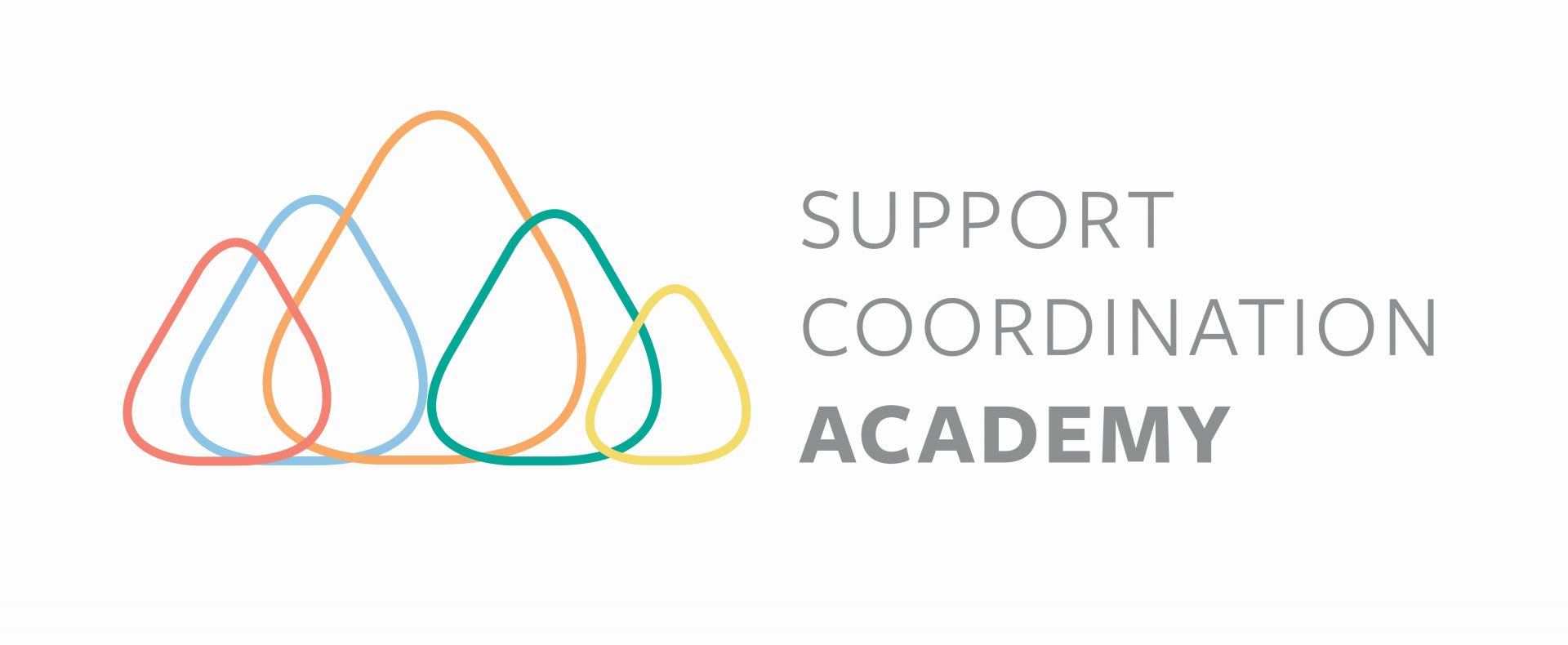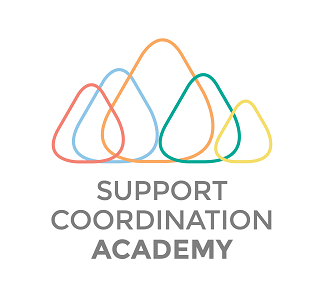The
Top Things Every NDIS Support Coordinator Should Know
As a Support Coordinator working in the NDIS,
it is important to be up-to-date on all the latest information relating to the
scheme. By keeping up-to-date on the most important topics, you will be able to
provide participants with accurate and relevant information, so they can make
the best informed decisions about their supports and services.
Start Your NDIS Journey with Comprehensive Support Coordination Courses
Ever wondered what it takes to become an extraordinary Support Coordinator?
The first step is choosing the right Support Coordination Course.
The task of choosing a course doesn’t need to be daunting. Start by looking at the course syllabus. Does it offer a broad yet detailed overview of the NDIS? Does it delve into the multifaceted role of a Support Coordinator? These are key elements that should be covered to give you a strong grounding in the field.
But content is not everything. The instructor's experience can make or break your learning experience. Ensure that the course is taught by a seasoned Support Coordinator who is not just knowledgeable about the NDIS but has firsthand experience in the field.
Our courses are more than just introductory classes—they serve as your comprehensive guide to mastering NDIS Support Coordination Training. The content ensures that you not only understand the complexities of the NDIS but also the intricate role that a Support Coordinator plays.
To make your learning journey even more seamless, our course bundles offer a variety of topics that are essential for anyone looking to become a Support Coordinator.
What Skills Do I Need?
To be an effective Support Coordinator, you
will need strong communication and interpersonal skills. You will need to be
able to build rapport quickly and establish trust with participants. You will
also need to have good problem-solving skills and be able to think creatively
about solutions. You will also, of
course, need to have a good understanding of disability and the barriers that
impact on a person with disability in accessing and participating in their
community.
It is also important that you have a good
understanding of the NDIS and how it works. You will need to be able to explain
the NDIS in plain language so that participants can understand the information
you are providing. You will also need to be up-to-date with changes to NDIS
policy and procedures so that you can provide accurate information and advice
to participants.
Be prepared for paperwork...lots of it
As a support coordinator, you will be
responsible for completing a variety of administrative tasks. These include
progress reports, service agreements, making phone calls, sending emails and
individual action plans. There are software programs that can ease the
administration burden and will help you to keep on track, like Support
Coordination Software.
The services that the NDIS covers are wide-ranging
The NDIS covers a wide range of services,
including; accommodation, transport, personal care, and therapeutic supports.
It is important to note that not all services are available to all
participants. The type and level of support a participant receives is based on
their individual needs and goals.
As a support coordinator, it is your
responsibility to assess a participant's needs, research the supports and
services available, and provide options for a participant to choose the support
that is right for them.
The NDIS reporting requirements are very strict
Get to know the NDIS rules and regulations
inside and out. The NDIS is a complex system with its own set of rules and
regulations. As a support coordinator, it is your responsibility to know these
rules inside and out. This way, you can effectively support your clients and
ensure they are getting the services they need and have a right to access.
All participants must provide regular
reports on their progress towards their goals. These reports are used by the
National Disability Insurance Agency (NDIA) to monitor participants' progress
and ensure they are receiving the appropriate level of support. As a support
coordinator, it is your responsibility to gather evidence of capacity built and
services provided over a period of time.
The Report will summarise a participant’s progress, refer to specialist
Reports, and identify the supports a participant will need to support them to
achieve their goals, for their next NDIS plan.
Get to know the NDIS Pricing Arrangements and Price Limits inside out
The NDIS Pricing Arrangements and Price Limits
is one of the most important document for NDIS support coordinators. This
document sets out the rules and price that providers can charge for their
services, which support coordinator use to help a participant plan how to
utilise their NDIS funds and to check that provider are charging the correct
price for a service.
Have a good understanding of the NDIS planning process
It's important that you have a good understanding how to support a participant to plan for their future needs.
You should be familiar with topics such as
goal setting, person centred planning, utilising NDIS funds, conflict of
interest, mainstream services, community supports, being able to research,
offer options and link in appropriate service providers.
Keep up to date with relevant legislation and policy
The NDIS is a constantly evolving policy
environment, so it's important that you keep up to date with relevant
legislation and policy changes. This will ensure that you're providing accurate
advice to participants and their families, and it will also help you to
identify any potential impacts on your business and the service you
provide.
Build strong relationships with key stakeholders
As a support coordinator, you will work
closely with a range of different stakeholders including participants, their
families, service providers, and other professionals such as therapists and mainstream
services like justice and health. It's
important that you build strong relationships with all of these stakeholders so
that you can effectively coordinate supports and work collaboratively to achieve
positive outcomes for participants.
Understand how to use data and reporting tools
As a support coordinator, you will need to
use data and reporting tools to track participant progress, monitor service
delivery, and assess outcomes. It's therefore important that you understand how
to use these tools so that you can effectively report on participant progress
and identify areas for improvement.
Support
Coordination Software is one of the most important tools for a Support
Coordinator. By using Support Coordination Software, you’re ability to track
and report on a participant’s progress is taken care of.
You must adhere to Privacy and Confidentiality requirements
Support coordinators need to be aware of
privacy and confidentiality requirements when working with participants. They
should only collect, use, and disclose personal information in accordance with
the Privacy Act 1988, the NDIA's Information Handling Policy and Code of Conduct.
Be patient
Working as a support coordinator can be
challenging at times. You may have difficult conversations with clients or
their families, you may face roadblocks when trying to access services, and you
may feel like giving up at times. It's important to remember that Rome wasn't
built in a day, and neither is an effective support plan. Be patient, stay
positive, and be prepared to persevere to support your clients to get the
support they need.
With these things in mind, you're sure to
be successful in your role as a Support Coordinator.
For those new to Support Coordination or
wanting to enter the role, and for experienced Support Coordinators wanting to
learn new skills, please click and explore NDIS support Coordination courses.


